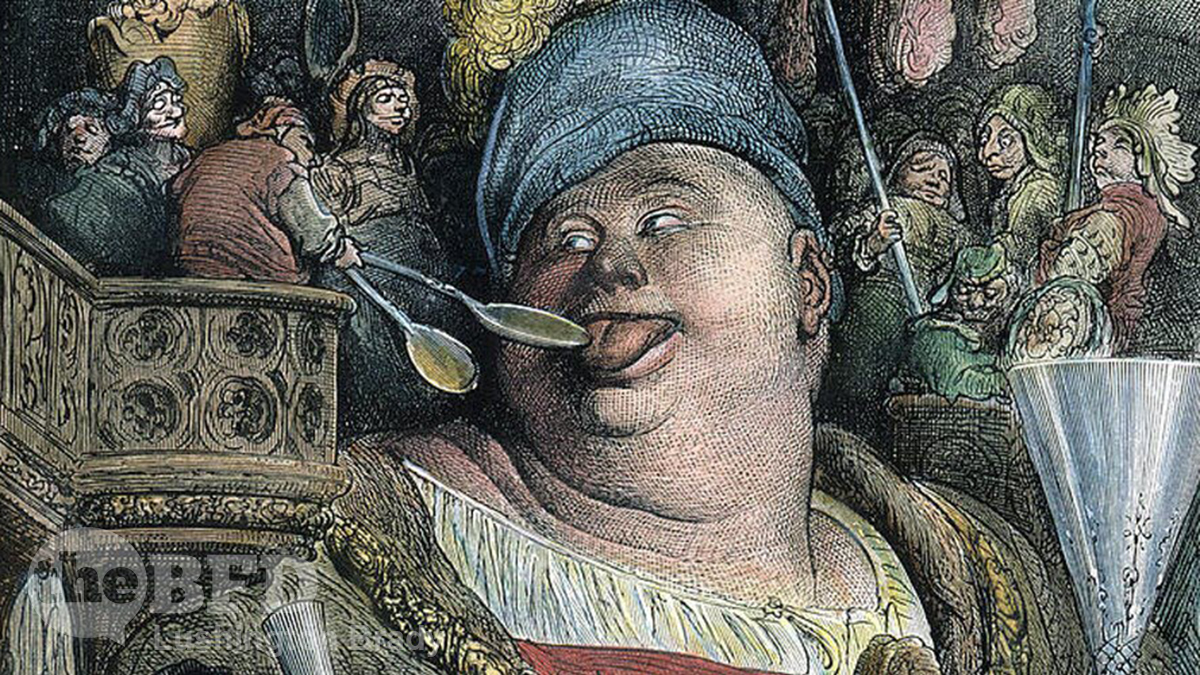Opinion
When Christopher Hitchens met Margaret Thatcher, whom he then regarded as the Devil incarnate, he came away with “the uneasy but unbanishable feeling that on some essential matters she might be right”.
Similarly, back when I was young and naive (i.e. stupid) enough to still believe in left-wing politics, Ronald Reagan’s adage that “The nine most terrifying words in the English language are ‘I’m from the government, and I’m here to help’” was the most ridiculous thing I’d ever heard. Now, decades older and perhaps just a little bit wiser, I realise that he was absolutely right.
No further proof is needed than Australia’s National Disability Insurance Scheme, or NDIS.
There is a long list of contenders for worst public policy of the century. It includes the National Disability Insurance Scheme, the Gonski school funding model, childcare, defence procurement, the renewable energy target and other climate policies, most infrastructure spending, housing and immigration. There were several appalling policies implemented during Covid but thankfully they were short-lived, albeit costly. This list is not exhaustive.
Covid spending would seem to be a lay-down misere for “worst policy ever”. From the all-out assaults on freedom to the staggering waste and cost, Covid was perhaps the worst failure of government since WWII. Was.
It’s hard to go past the NDIS because of the sheer scale of the dollars involved and future projections. With scant attention paid to the strong pull of incentives for participants, both actual and potential, for providers and for state governments, the federal government embarked on a scheme that is now completely out of control and is distorting other parts of the economy. It has been estimated that one-third of recent employment growth was because of the NDIS.
But, remember: they were here to help.
Again, the objectives of the program are laudable: to provide “reasonable and necessary supports” for those with the greatest degree of disability while “enabling people with disability to exercise choice and control”.
But the looseness of the quoted words in the legislation have given rise to immense problems: eligibility and the size of packages.
With sunny optimism, Julia Gillard and Bill Shorten predicted that laying out a bottomless pit of free money (the NDIS is, by design, demand driven, not budget-limited) would only attract 460,000 flies. It’s already well over half a million, and on track to reach a million in a decade.
As for the money involved…
The scheme was going to cost under $14bn annually. The current cost is more than $40bn a year, with estimates that it may reach $125bn annually within a decade. It is the fastest growing line item in the federal budget.
And it’s already the single most expensive. More costly than Medicare and the Aged Pension — and the cost of both of those is also being inflated directly by the NDIS.
The size of the disability support workforce has exploded, drawing workers from other areas also in need of workers – think aged care, childcare and health services, generally.
The costs of service provision have similarly exploded as the shortage of suitable workers has its entirely predictable impact. This has inflated costs to non-NDIS participants seeking similar services.
And the idiot responsible for this governmental monster has simply swanned off into the sunset of a fat prime ministerial pension.
Truly, as Thomas Sowell said, “It is hard to imagine a more stupid or more dangerous way of making decisions than by putting those decisions in the hands of people who pay no price for being wrong”.
In a tight competition for worst public policy of this century, my vote goes to the NDIS. It is the classic example of good intentions leading to an almost complete disregard for the practical details of implementation and funding, including ignoring the perverse incentives the scheme has created.
The Australian
But, hey, they just wanted to help.

